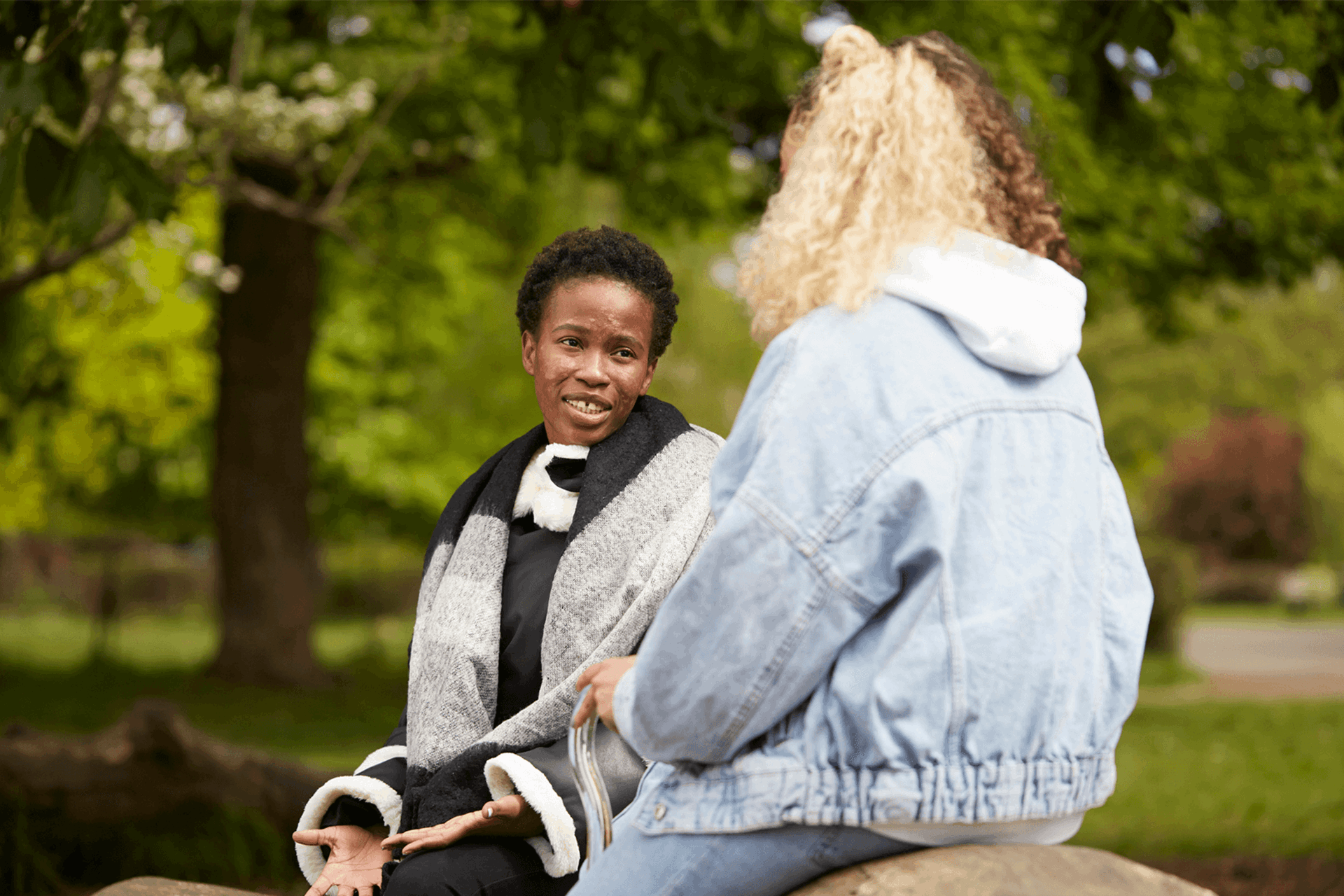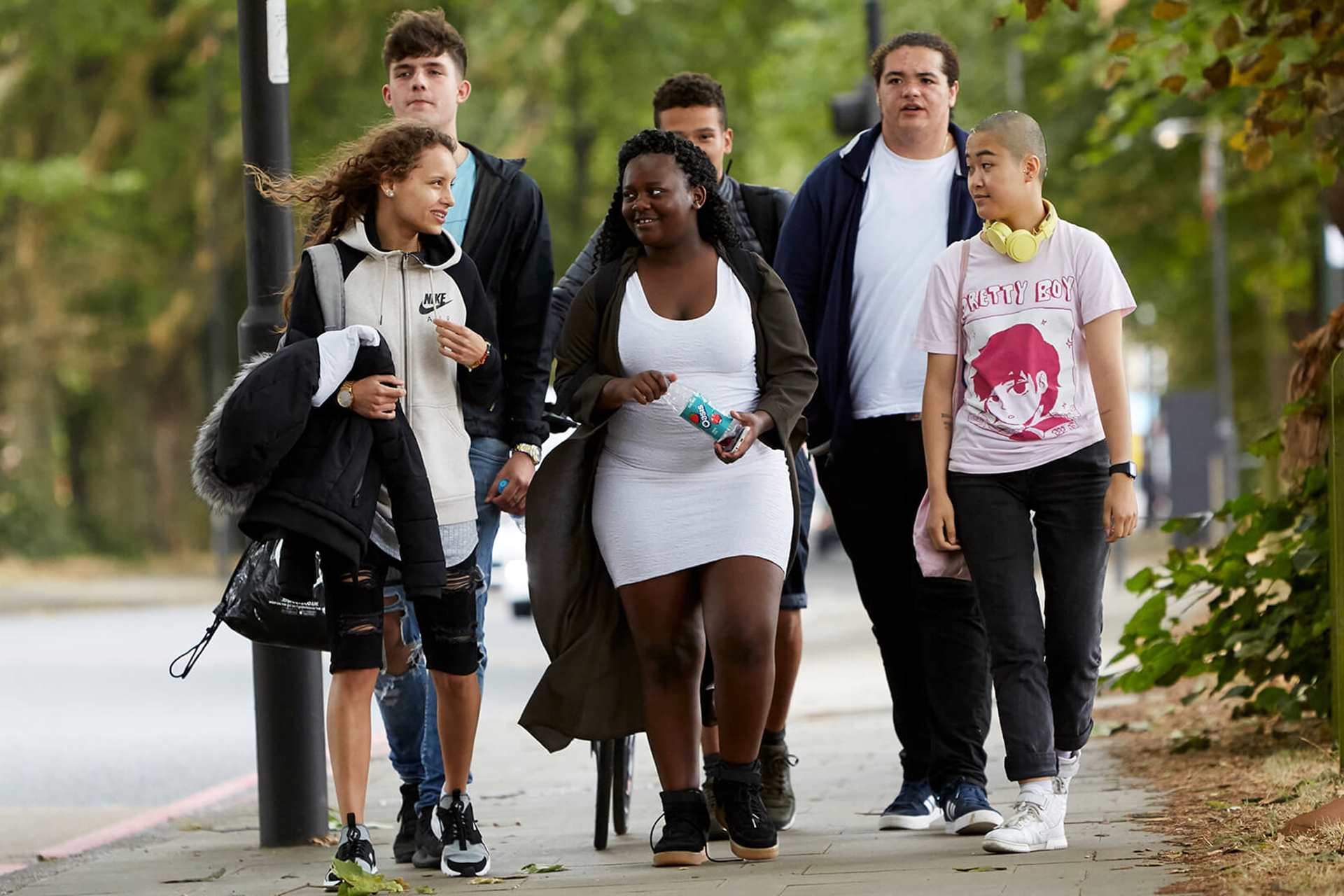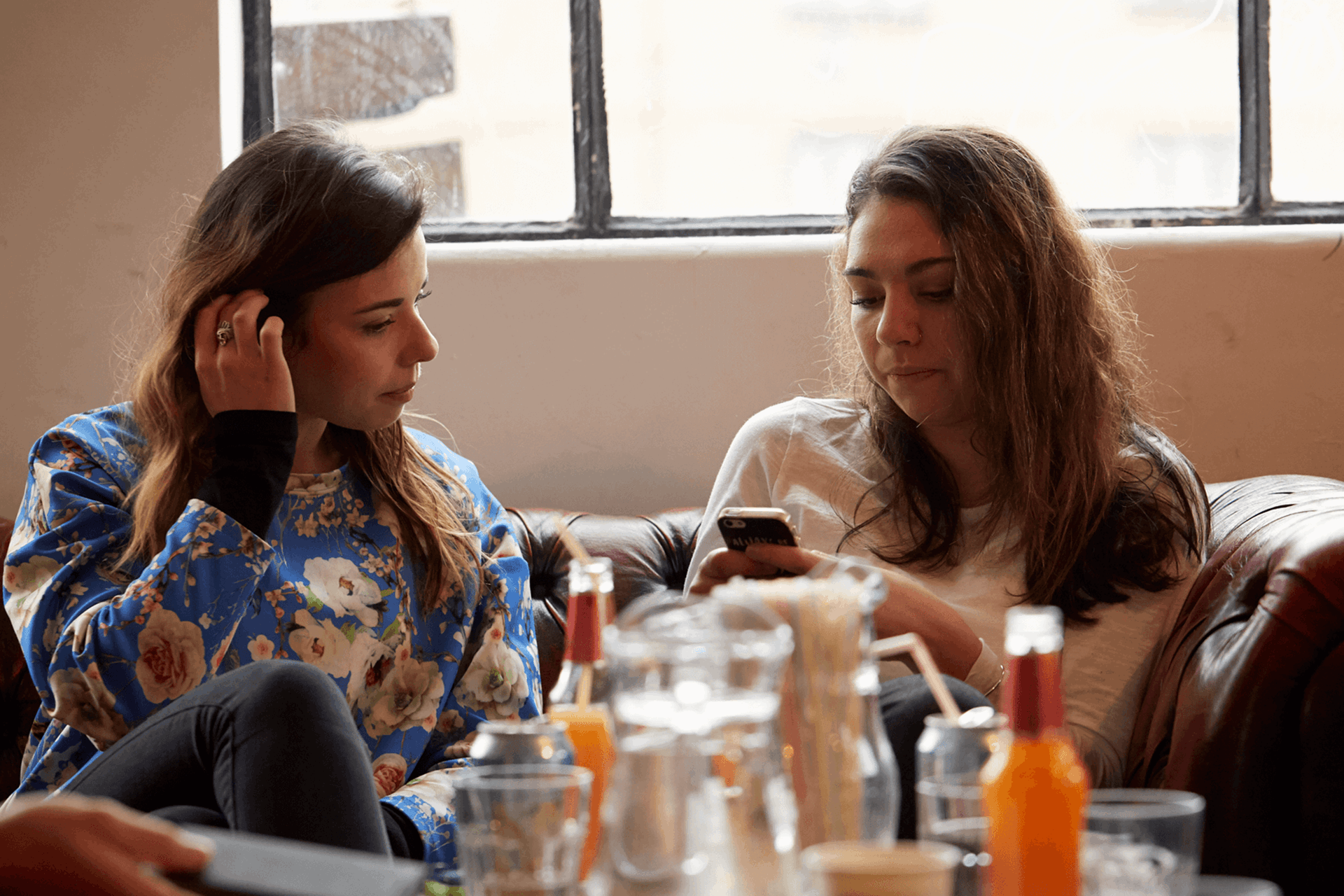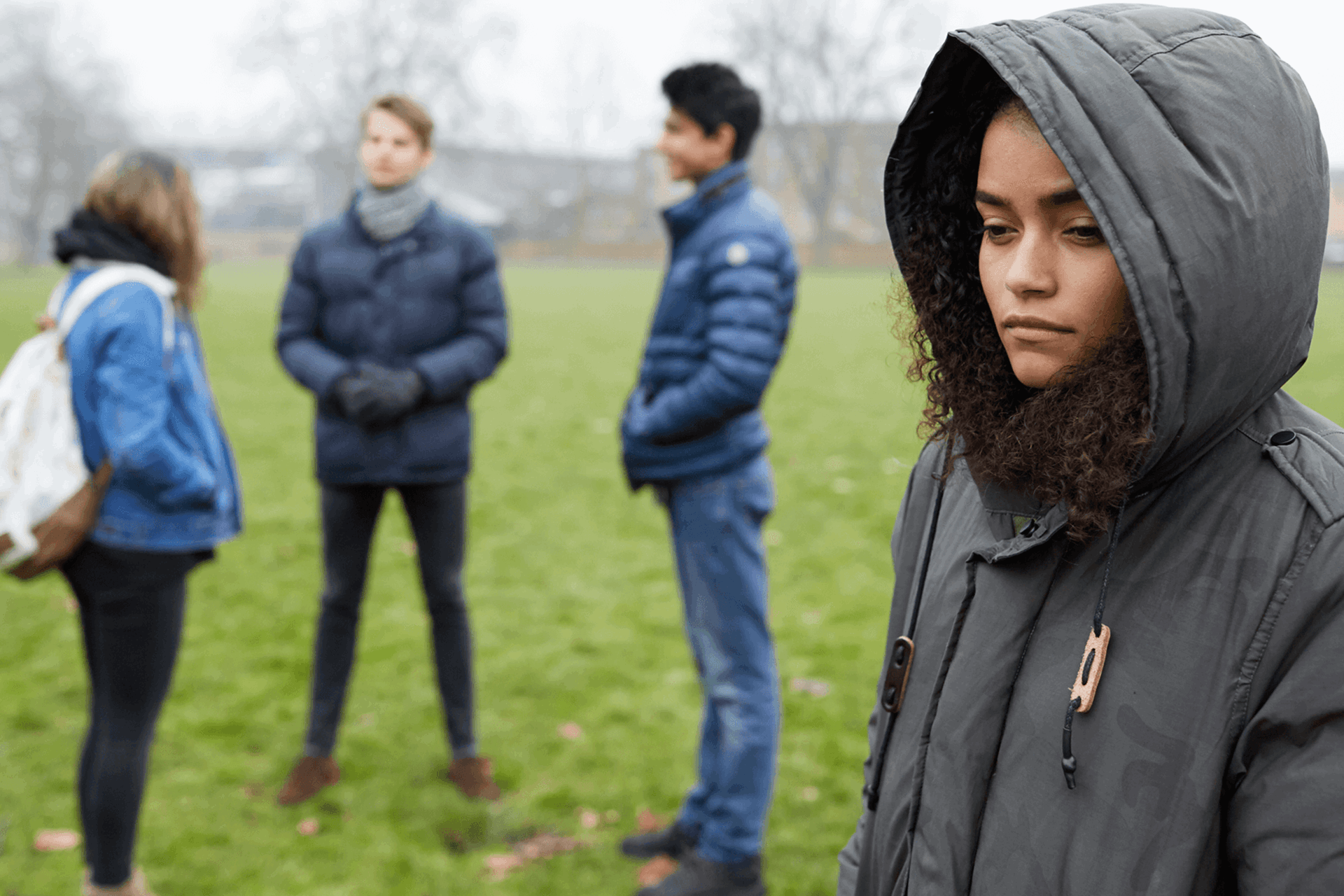Topics mentioned: bullying, anxiety, depression, social media and mental health
About: Our Activist Tamanna describes how it felt to be a victim of cyberbullying, and shares her tips for looking after yourself if you're being bullied.
As a result of the cyberbullying, I suffered from severe anxiety and severe depression.
Cyberbullying is an issue which is becoming far too common these days.
I experienced bullying almost my entire life, but the cyberbullying began when I started to use social media platforms when I was 12 years old. As a result of the cyberbullying, I suffered from severe anxiety and severe depression.
According to a joint study done by professors of the University of Oxford, University of Bristol, University of Warwick and UCL, young people who are bullied are twice as likely to experience a mental health problem in later life as a result.
Why do people bully others?
I see so much abuse and online hate among the young and old - it's really quite demoralising. Why do people bully others online? What do people get out of it?
To be honest, I think it's a question of power and ownership. Having that control over someone else's life, their feelings and emotions, serves a purpose for the perpetrator. When you can't control your own life and its events, I think trying to control someone else's is a way of coping. The people who bully others might not have anyone to talk to or anyone that will listen to them. Some may feel that bullying someone else is their only way to get attention.
In 2016, the anti-bullying charity Ditch The Label surveyed 8,850 young people aged 12 to 20 about bullying in the UK. In their report they say:
We were interested to see if bullying could be considered a behavioural response to stress or trauma. Our hypothesis was confirmed with very strong correlations - finding those who bully are more likely to experience stressful and/or traumatic situations than those who do not, suggesting it is a responsive behaviour.
Dealing with cyberbullying
Regardless of this, cyberbullying is never right, nor justified. Many young people are unsure of what to do and often either ignore it or retaliate so that it escalates into something further. Both approaches can have negative and unwanted consequences.
Here are some tips that helped me when I was being cyberbullied:
-
It's not your fault
Don't think that it's all your fault and that it will never end - it's not, and it will.
-
Don't retaliate
Don't retaliate with inappropriate words and actions.
-
Keep a log of comments
Always screenshot or copy and paste the conversation or comments so you can use them later for evidence.
-
Take time out
Keep calm and don't act in haste, as that can go against you.
-
Tell someone you trust
Tell someone - whether it's a responsible adult, teacher, friend, or whoever you feel comfortable with, this is the first step to making it stop.
Where to get help
If you are struggling with bullying, you are not alone. Help is available.
Where to get help
However you're feeling, there are people who can help you if you are struggling. Here are some services that can support you.
-
Childline
If you’re under 19 you can confidentially call, chat online or email about any problem big or small.
Sign up for a free Childline locker (real name or email address not needed) to use their free 1-2-1 counsellor chat and email support service.
Can provide a BSL interpreter if you are deaf or hearing-impaired.
Hosts online message boards where you can share your experiences, have fun and get support from other young people in similar situations.
- Opening times:
- 24/7
-
CALM (Campaign Against Living Miserably)
Provides support to anyone aged 16+ who is feeling down and needs to talk or find information.
Free webchat service available.
Read information about the helpline and how it works.
- Opening times:
- 5pm - midnight, 365 days a year






